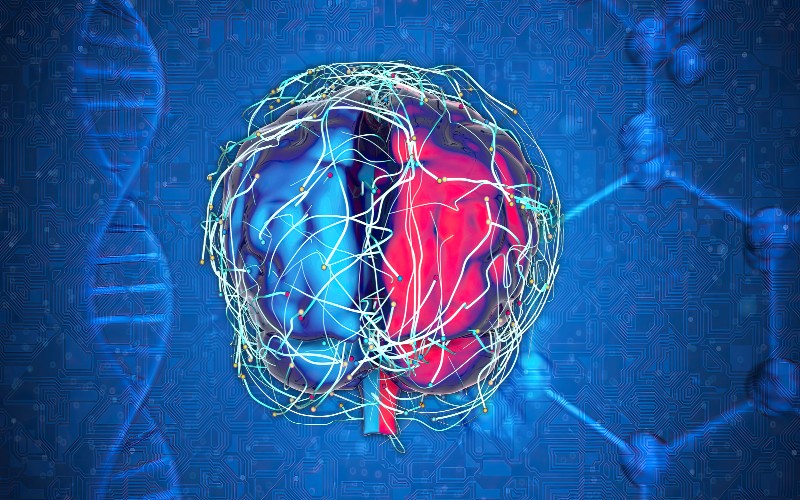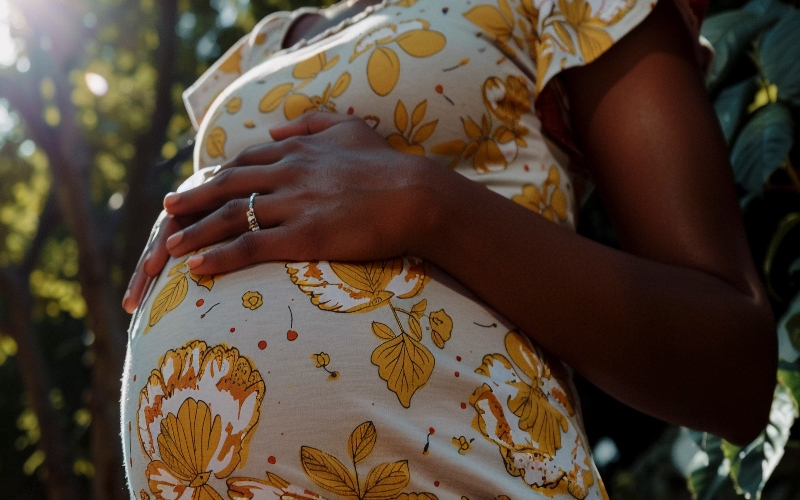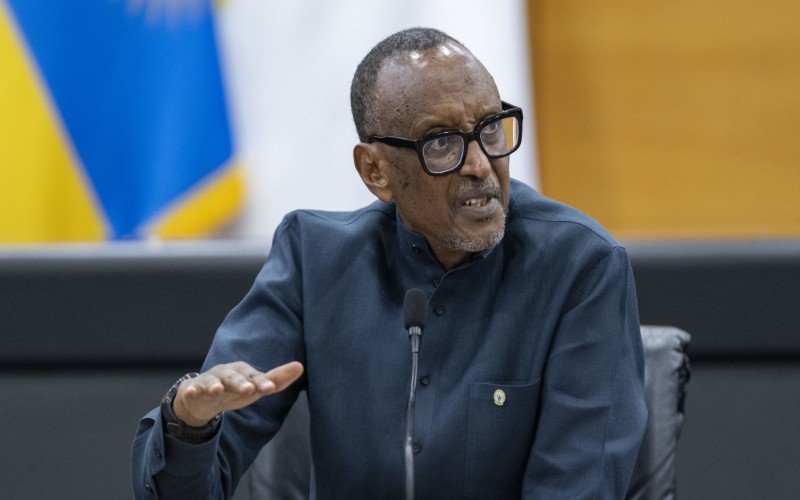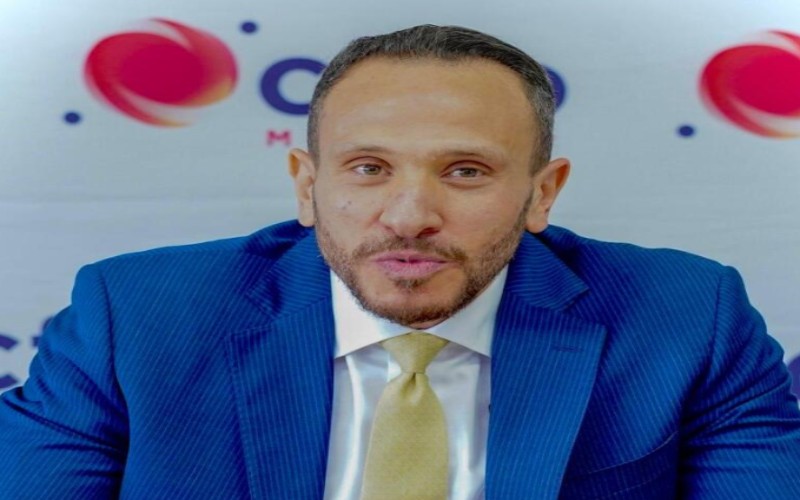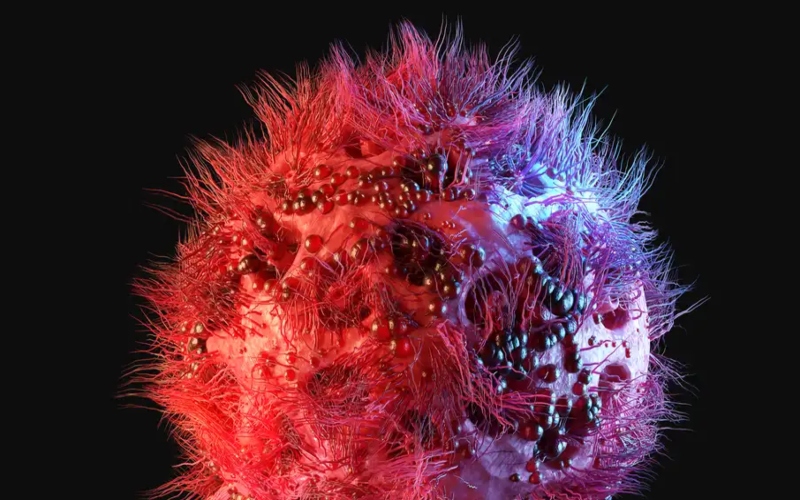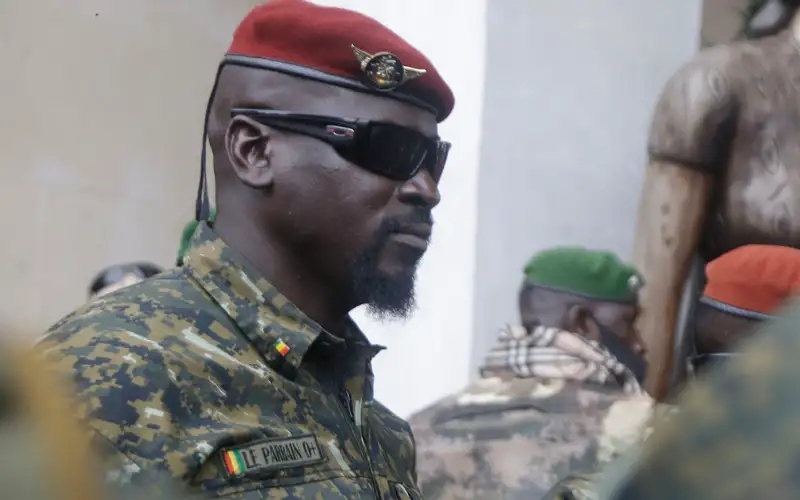Ruto urges nations to take charge of health systems as donor funding declines
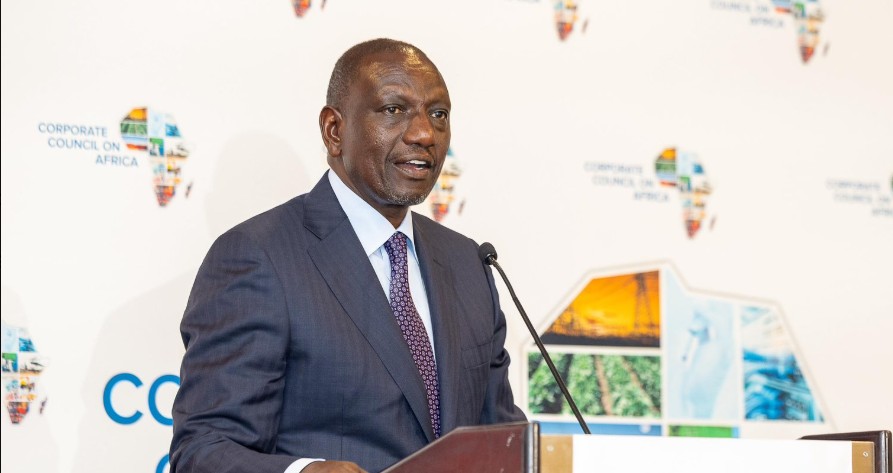
Speaking on the sidelines of the 80th United Nations General Assembly in New York, Ruto said the withdrawal of donor funds had revealed systemic vulnerabilities but also offered lessons for building stronger local systems.
President William Ruto has called on countries to take greater ownership of their health systems, warning that funding shortfalls have exposed weaknesses that put millions of vulnerable citizens at risk and strained progress toward Universal Health Coverage (UHC).
Speaking on the sidelines of the 80th United Nations General Assembly (UNGA) in New York, Ruto said the withdrawal of donor funds had revealed systemic vulnerabilities but also offered lessons for building stronger local systems.
More To Read
- Ruto says 15,000 jobs on the horizon following launch of landmark highway expansion
- Ruto says Kenya can attain first-world status within three decades
- Petition filed to stop multi-billion Rironi–Nakuru–Mau Summit road project
- ‘Manifesto-free campaigns will sink you,’ Ruto warns opposition after by-election wins
- President Ruto launches Nairobi–Nakuru–Mau Summit, Maai Mahiu–Naivasha road projects
- Kenya Kwanza adds Sh3 trillion to national debt in three years, CBK reveals
“Ownership matters. When communities set priorities, monitor spending and contribute through local mobilisation and volunteerism, resilience is strengthened,” he said.
He explained that Kenya is deliberately moving away from aid dependence by investing in domestic solutions and community leadership. He stressed the importance of citizen involvement in health governance, noting that while legal frameworks may exist, their effectiveness depends on proper implementation.
“The health of nations depends not only on the strength of their hospitals, but also on the strength of citizen voices. Kenya aspires to a future where no child is left behind, no community is unheard, and no citizen is denied their right to health,” he said.
His message echoed the World Health Assembly Resolutions on Social Participation (2024) and Social Connection (2025), which promote regular, meaningful involvement of communities in health decision-making at every level.
Involving citizens
Ruto emphasised that involving citizens in policymaking ensures their real needs are met instead of imposing distant directives. He said participatory decision-making improves accountability and transparency by enabling communities to monitor resources.
“Health systems grow stronger and more resilient, trusted by the very people they serve, especially the most vulnerable,” he said.
Citing Kenya’s progress, the President highlighted four landmark laws passed in 2023—the Primary Health Care Act, the Social Health Insurance Act, the Facilities Improvement Financing Act, and the Digital Health Act—all aimed at ensuring universal access to essential healthcare.
“Participation must be practical and tangible,” he said.
He pointed to the deployment of over 100,000 community health promoters—equipped with medicines, smart devices, and stipends jointly financed by national and county governments—delivering services at the grassroots.
“We have empowered community health promoters with medicines, smart devices and stipends to ensure last-mile delivery of essential services,” he said.
Participatory budgeting
Ruto also outlined reforms such as participatory budgeting through digital platforms, which allow citizens to track health spending, as well as expanded health literacy programmes and cross-sector collaboration linking health with education, agriculture, and social protection.
“Together, these strategies are strengthening trust, deepening accountability, and building a health system that truly serves the people,” he said.
The President noted tangible results from reforms, including improved antenatal care, broader vaccination coverage for children, and better support for families affected by non-communicable diseases. He said these outcomes prove that health equity is tied to social justice and sustainable development.
Ruto urged the global community to integrate social participation indicators into health frameworks and share innovations that empower citizens to influence decisions.
At the same UNGA sidelines, the Gates Foundation used its Goalkeepers event to unveil a roadmap to save children’s lives by 2045. The foundation pledged $912 million to the Global Fund’s 2026–2028 replenishment to fight HIV/Aids, tuberculosis, and malaria.
“Humanity is at a crossroads. With millions of children’s lives on the line, global leaders have a once-in-a-generation chance to do something extraordinary,” Bill Gates said.
“The choices they make now—whether to go forward with proposed steep cuts to health aid or to give the world’s children the chance they deserve to live a healthy life—will determine what kind of future we leave for the next generation.”
Gates highlighted a 21 per cent decline in development assistance for health between 2024 and 2025—the sharpest drop in 15 years—and warned that such cuts threaten decades of progress in reducing child mortality.
“What’s happening to the health of the world’s children is worse than most people realise, but our long-term prospects are better than most people can imagine,” he said.
“I don’t expect most governments to suddenly restore foreign aid to historic levels, but I am an optimist, and I believe governments can and will do what’s needed to save as many children as possible,” Gates added.
Despite Ruto’s strong international advocacy for universal health coverage, Kenya continues to face domestic challenges with the Social Health Authority, which is still struggling with service delivery nearly a year after its rollout.
Top Stories Today
